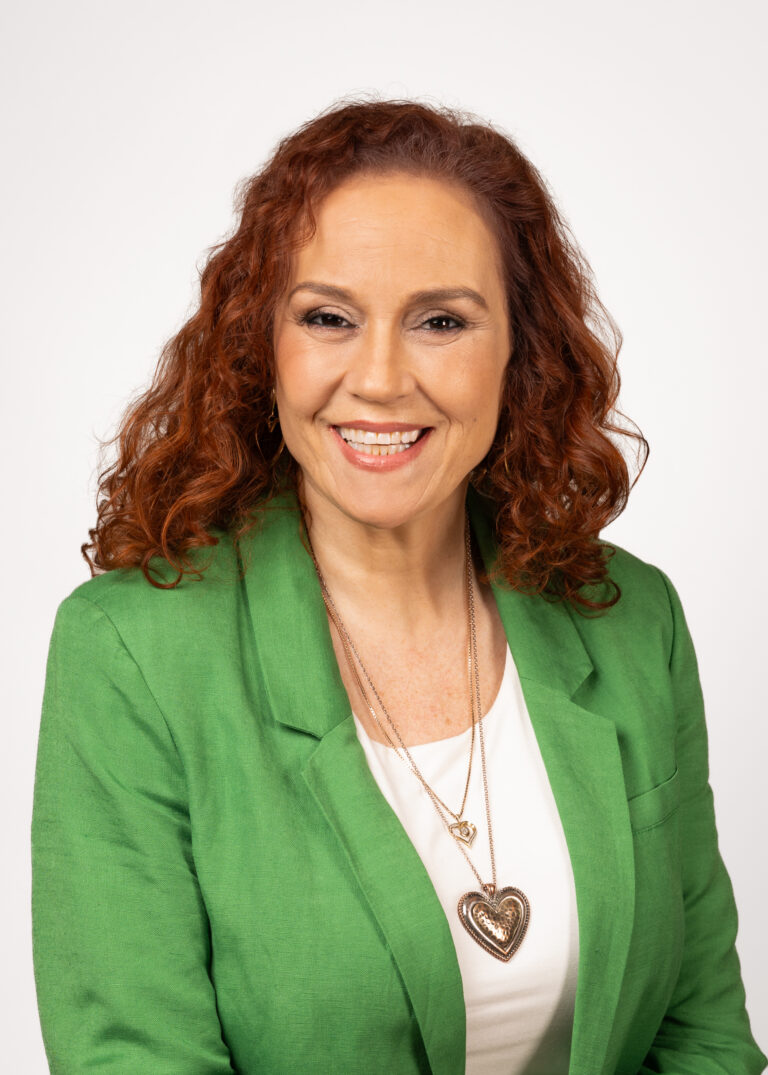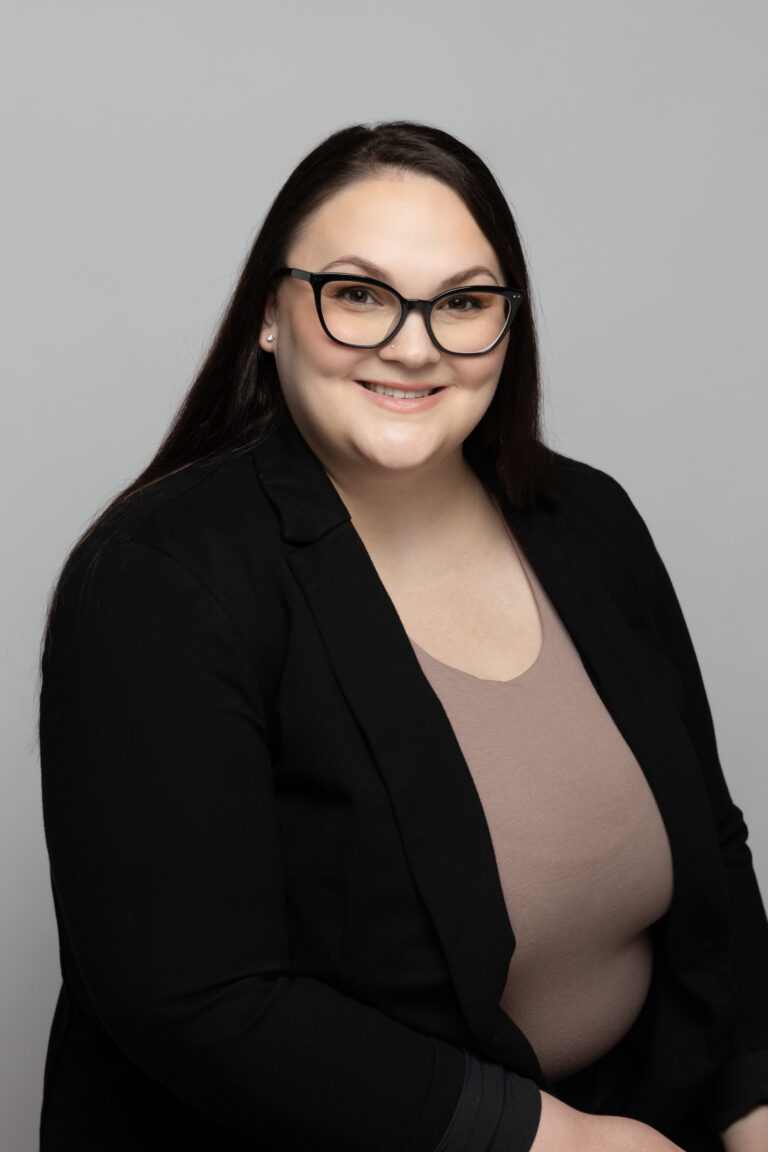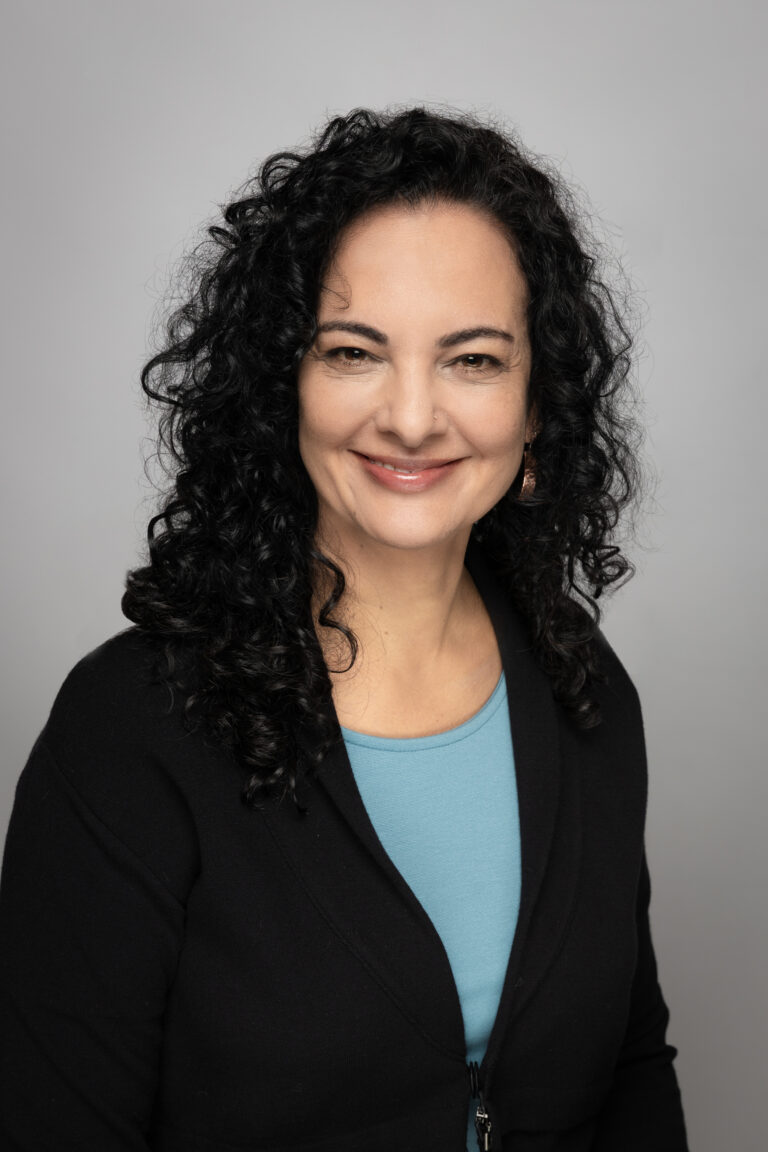Support for Families
Explore Wellness as a Family Unit and Build Long-Lasting, Trusting Relationships
Sometimes unhealthy dynamics in a family become so embedded that they can be almost impossible to change without objective and intentional professional help. At times like this, Family Therapy can enable an open and safe space for each individual in a family system to express their feelings and concerns. With deeper understanding and the support of an experienced therapist, the family can set goals for creating change in their day-to-day lives.


At NeurAlive we have experienced couple’s, parenting, children and family therapists who are dedicated to facilitating a constructive family therapy experience – helping to resolve problems and deepen connection between family members of all ages. Our approach is gentle but instructive, and often families will receive homework between sessions.
To explore whether family therapy is right for your family, book a free consultation with one of our family counsellors below.
FAQ
Frequently Asked Questions
How Can Family Counselling Help Us As A Family Unit?
Family counselling can be highly beneficial in strengthening your family unit and improving communication and dynamics among family members. It provides a safe and neutral space where all family members can express their thoughts, emotions, and concerns, fostering open and constructive dialogue. A skilled family therapist can identify patterns of communication or behaviour that may be causing conflict and offer guidance on healthier ways to interact and resolve issues. Family counselling promotes understanding and empathy among family members, helping them see each other’s perspectives and needs. It can also address specific family challenges, such as parenting issues, sibling conflicts, or adjusting to major life changes. By working together through family counselling, you can build stronger connections, enhance trust, and develop effective strategies for problem-solving and conflict resolution. Ultimately, family counselling can lead to a more cohesive and supportive family unit, fostering a positive and nurturing environment for each family member’s well-being and growth.
How Do We Know If Our Family Needs Counselling?
There are several signs that may indicate that your family could benefit from counselling. If your family is experiencing persistent conflicts or communication breakdowns that seem difficult to resolve on your own, seeking professional support can be helpful. Other indications include frequent arguments or tension, a lack of emotional connection among family members, or feelings of resentment and distance. Changes in family dynamics due to major life events, such as divorce, relocation, or the loss of a loved one, might also warrant seeking counselling to navigate through these transitions. Additionally, if family members are individually struggling with emotional or behavioural issues that are affecting the family unit, family counselling can be an effective way to address these concerns and work together towards positive change. If you’re uncertain about whether your family needs counselling, consulting with a qualified family therapist can provide valuable insights and guidance.
What Should We Expect In A Family Counselling Session?
In a family counselling session, you can expect a supportive and inclusive environment where all family members participate. The therapist will facilitate open communication and guide the discussion, encouraging each family member to express their thoughts and feelings. Expect to explore family dynamics and patterns of interaction that may be contributing to conflicts or challenges. The therapist will help identify strengths and areas for growth within the family unit. Family counselling sessions often involve problem-solving exercises, role-playing, and communication skills training to enhance understanding and promote healthier interactions. The focus will be on fostering empathy, building positive communication, and finding constructive solutions to the issues at hand. The therapist will work collaboratively with the family to set goals and develop a plan for positive change. While the process may sometimes be challenging, family counselling aims to strengthen the family bond, improve relationships, and create a more harmonious and supportive family environment.
Will Our Family's Information Be Kept Confidential During Counselling?
Yes, your family’s information will be kept confidential during family counselling. Confidentiality is a fundamental aspect of the therapeutic process, and family counsellors are bound by ethical guidelines to maintain the privacy of their clients’ information. Anything discussed during family counselling sessions will be kept confidential and not shared with anyone outside of the therapeutic relationship. However, similar to individual and child counselling, there are exceptions to confidentiality. Family counsellors may be required to break confidentiality in situations where there is a risk of harm to anyone in the family, such as in cases of abuse or threats of violence. Additionally, if certain legal requirements necessitate disclosure, the counsellor may need to share information. At the beginning of family counselling, the counsellor will explain their confidentiality policy, ensuring that all family members have a clear understanding of the limits of confidentiality and any situations in which information may need to be shared. The primary goal of confidentiality is to create a safe and supportive environment for your family to work through concerns and build healthier relationships during counselling.
What Qualifications and Experience Does The Family Counsellor Have?
Family counsellors typically have a minimum of a master’s degree in counselling, psychology, social work, or a related field. They have specialised training in family therapy and often hold certifications or licences from recognized professional organisations. A qualified family counsellor has extensive experience working with diverse family dynamics and challenges. They are skilled in facilitating communication, addressing conflicts, and helping families navigate through various life transitions. Additionally, family counsellors continually engage in ongoing professional development and supervision to stay up-to-date with the latest research and therapeutic approaches. Their expertise allows them to provide effective support and guidance to families, helping them foster healthier relationships and improve overall family well-being. When seeking a family counsellor, inquire about their qualifications, credentials, and experience to ensure they are well-suited to address your family’s unique needs and concerns.
Can Family Counselling Help With Specific Family Issues Like Communication Problems Or Conflicts?
Yes, family counselling can be highly effective in addressing specific family issues such as communication problems or conflicts. Family counsellors are trained to identify patterns of communication and dynamics that may contribute to conflicts within the family. Through active listening and empathetic guidance, they help family members express their thoughts and emotions in a constructive manner. Family counselling provides a safe and neutral space to explore underlying issues, enhance understanding, and develop healthier ways of interacting. By improving communication and conflict resolution skills, family members can learn to express their needs, listen to each other, and work together to find solutions to their specific challenges. Family counselling fosters a more positive and cohesive family environment, strengthening the overall family bond and promoting healthier relationships among its members.
How Long Does Family Counselling Typically Last?
The duration of family counselling can vary depending on the complexity of the family’s issues and the goals they want to achieve through therapy. Family counselling is considered a short to medium-term intervention. Short-term family counselling may involve around 6 to 12 sessions, while medium-term counselling can extend to several months. The frequency of sessions, usually once a week or bi-weekly, can also influence the overall duration of therapy. However, the length of family counselling is flexible and can be adjusted based on the family’s progress and their specific needs and concerns. Some families may find that they achieve their desired outcomes in a shorter time frame, while others may benefit from more extended support to work through complex or longstanding issues. The family counsellor will work collaboratively with the family to determine the most appropriate duration of therapy to address their specific concerns effectively.
Will All Family Members Be Involved In The Counselling Sessions?
The involvement of all family members in counselling sessions can vary depending on the specific dynamics and issues within the family. In most cases, family counselling aims to include all immediate family members, such as parents and children, to address collective concerns and enhance family communication and relationships. Involving all family members allows for a more comprehensive understanding of the family system and provides an opportunity for everyone to express their perspectives and feelings. However, there may be instances where certain family members are unable or unwilling to participate. In such cases, family counsellors can still work with the available family members to address the issues at hand and explore ways to improve the family dynamic. The goal of family counselling is to create a safe and supportive space for growth and positive change within the family unit, regardless of the level of participation from each member.
Can Counselling Help With Parenting Challenges And Improve Parent-Child Relationships?
Yes, counselling can be very helpful in addressing parenting challenges and improving parent-child relationships. Parenting can be a complex and challenging journey, and seeking support from a trained counsellor can provide valuable insights and guidance. Counsellors can help parents understand their child’s development, needs, and behaviours, offering effective strategies for positive discipline and communication. They can assist in developing healthy boundaries and fostering a nurturing and supportive parent-child relationship. Additionally, counselling can address any emotional or communication barriers that may be impacting the parent-child bond. Through counselling, parents can gain a better understanding of their child’s perspectives and emotions, leading to improved empathy and more effective parenting techniques. By learning and implementing new skills, parents can create a more harmonious and loving family environment, enhancing the overall well-being and happiness of both parents and children
Can Family Counselling Address Sibling Rivalry And Other Sibling Issues?
Yes, family counselling can effectively address sibling rivalry and other sibling issues. Sibling rivalry is a common concern in many families, and family counsellors are trained to understand and work with the dynamics between siblings. In family counselling sessions, the counsellor can create a safe and neutral space for each sibling to express their feelings, concerns, and perspectives. By fostering open communication, the counsellor helps siblings develop a better understanding of each other’s needs and emotions. Counselling can also address underlying issues that may be contributing to the rivalry, such as jealousy, competition, or feelings of favouritism. Through effective communication and conflict resolution techniques, siblings can learn to work through their differences and build a more supportive and respectful relationship. Family counselling can ultimately help improve sibling relationships, reducing rivalry and promoting a more harmonious and connected family dynamic












